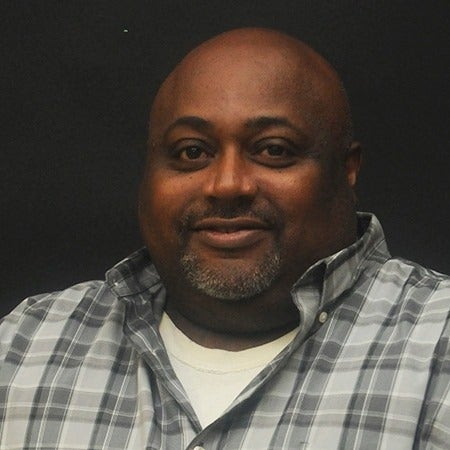Dust Off crews showed much courage
Published 9:21 pm Friday, January 25, 2013
Almost every aviator who served in Vietnam will tell you the most respected in the theater were the Dust Off pilots and crews. I’m not sure where they acquired their name, but I do know they achieved a stellar reputation among fellow aviators and ground combat troops as well.
Dust Off crews were Army Aeromedical Evacuation teams transporting wounded and maimed combat troops from where they fell in the field to medical facilities for treatment. They used the Bell UH-1 Iroquois commonly called the Huey. It was specifically designed for medical evacuation purposes and really came into its own during the Vietnam War.
Maj. Gen. Patrick Brady, U.S. Army (ret.) a Medal of Honor recipient, author of the book “Dead Men Flying,” and former Dust Off air ambulance pilot in Vietnam took issue with the operational changes made to air rescue missions recently. In an article appearing in WND.com, Gen. Brady quoted their standard for being in the air in Vietnam was two minutes. It is now fifteen minutes and apparently the results of what Gen. Brady calls the Obama/Panetta doctrine. Panetta explained it this way after our compound in Benghazi was overrun and four of our brave men were killed with no attempt made to rescue them.
“(The) basic principle is that you don’t deploy forces into harm’s way without knowing what’s going on; without having some real-time information about what’s taking place.”
Our Navy Seals gave a good account of themselves, but were eventually overwhelmed by sheer numbers due to the lack of timely help being sent.
David MacKay, Cessna 0-2 Skymaster pilot flying Forward Air Controller missions from Vietnam, was familiar with the Dust Off operations and even bumped the co-pilot occasionally for a mission. He indicated the crews adjacent to his FAC facilities were mostly young warrant officers and lower ranking commissioned officers. They were young and fearless responding eagerly when the call came in to be airborne.
There were no calls too dangerous and no injured soldier left on the ground to die if it meant flying into Hades itself.
Gen. Creighton Abrams, former U.S. Army chief of staff and former supreme commander in Vietnam said this:
“A special word about the Dust Offs … Courage above and beyond the call of duty was sort of routine to them. It was a daily thing, part of the way they lived. That’s the great part, and it meant so much to every last man who served there. Whether he ever got hurt or not, he knew Dust Off was there. It was a great thing for our people.”
Apparently, times have changed and so has decision making leaving our warriors to fend for themselves.



